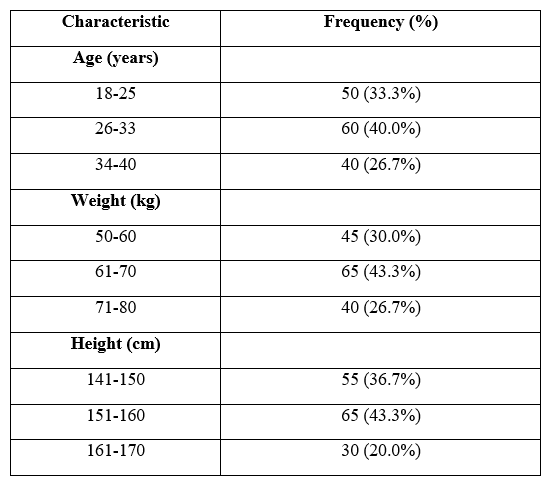SYNTHETIC CONTRACEPTIVES AND THEIR IMPACT ON ENDOMETRIAL THICKNESS AND MENSTRUAL CYCLE REGULATION IN REPRODUCTIVE-AGE WOMEN
DOI:
https://doi.org/10.71146/kjmr164Keywords:
Histological analysis, management, estrogen, patientsAbstract
The trial investigated the influence of various synthetic contraceptives on endometrial thickness and menstrual cycle regulation in reproductive-age women using a randomized, double-blind, placebo-controlled design. A total of 150 participants were evaluated for changes in menstrual cycle patterns, endometrial thickness, serum hormone levels, and endometrial histology. Combined oral contraceptives (C1) reduced cycle length from 28 ± 3 to 26 ± 2 days, resulting in lighter flow and improved regularity, while similar trends were observed with progestin-only pills (C2) and injectable contraceptives (C3). Significant reductions in endometrial thickness were noted across all groups, accompanied by marked decreases in serum estrogen and progesterone levels, particularly in the C2 and C3 groups. Histological analysis revealed reduced hyperplasia and increased endometrial atrophy, most prominently in the C3 group. Overall, hormonal contraceptives, particularly C1 and C3, effectively shortened cycle duration, regulated flow, and reduced endometrial thickness and hormone levels, with the most pronounced effects observed in the C3 group. These findings suggest that synthetic contraceptives are valuable options for managing menstrual irregularities and reducing endometrial abnormalities, emphasizing the need for personalized treatment based on individual hormonal profiles and clinical needs.
Downloads

Downloads
Published
Issue
Section
License
Copyright (c) 2024 Poshmal Zahid, Saqib Zaheer, Rizwan Ahmed, Poshmal Zahid, shingraf waseem, Sundus Khalid (Author)

This work is licensed under a Creative Commons Attribution 4.0 International License.






